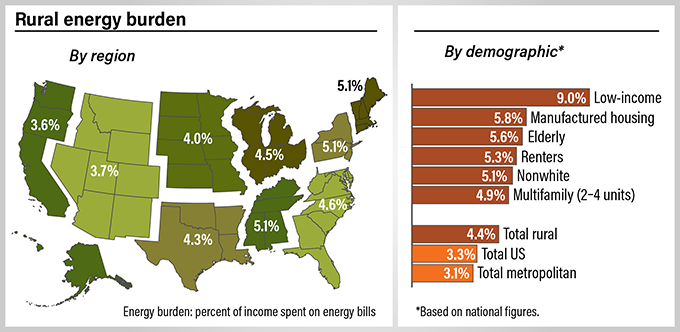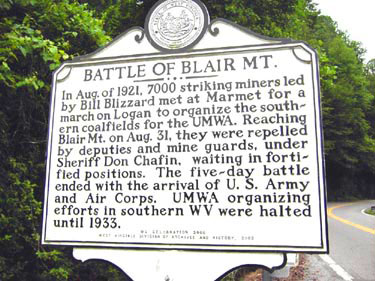Cleaning Up Coal Ash
For well over a century, power plants across the country have burned coal to generate electricity. And for just as long, leftover coal ash has been dumped in open, unlined pits near the power plant, usually located on a river or lake. Every year, U.S. power plants produce 130 million tons of coal ash, which is the second largest waste stream in the country after municipal garbage.
Coal ash concentrates the toxic heavy metals found in coal, including arsenic, mercury, lead and selenium. Stored in unlined, wet impoundments, coal ash has been leaking these toxics into our groundwater and surface waters for years. Sometimes these impoundments collapse — with disastrous results.
Yet government regulations for coal ash management are either non-existent or sparse, and there is little enforcement of the regulations that do exist. In North Carolina, this lack of oversight — and the complicity between state regulators, elected officials and Duke Energy — came to a boiling point in February 2014 when one of Duke’s coal ash impoundments spilled 39 million tons of ash into the Dan River.
Citizens living near North Carolina’s 33 coal ash impoundments — all of which have leaked — have fought for transparency from Duke and the state, and for cleanup of the pollution that threatens their property value, health and family. Their actions forced this issue into the headlines of news networks and to the forefront of environmental justice conversations in the United States.
Appalachian Voices stood with these communities as we worked for years to compel Duke Energy and the N.C. Department of Environmental Quality to excavate coal ash from all the North Carolina sites and dispose of it either in lined, dry landfills, away from waterways, or by recycling it for concrete or other uses, provided it’s done in a manner that protects public health and the environment.
On Jan. 2, 2020, North Carolina announced a historic settlement with one of the state’s most powerful corporations and polluters, Duke Energy. The settlement requires Duke to move nearly 80 million tons of toxic coal ash at six of its power plants to properly lined landfills onsite or recycle it.

Learn information about specific coal ash impoundments in the South, including health threats and safety ratings:
Additional Resources
Fact sheets, videos, links to academic research, and more
Sign Up to Act
Help us protect the health of our communities and waterways.
Latest News
Oil and Gas Drilling in Appalachia’s National Forests
Oil and gas reserves can be found beneath the Allegheny, Monongahela, Wayne, Daniel Boone, George Washington and Jefferson national forests. But while some forests have a high number of drilling wells, others have none or relatively few.
Where Does Your Forest Stand with the Plan?
A summary of where each national forest in Central and Southern Appalachia is in the forest planning process.
As the Climate Changes, National Forests Adapt
Climate change scientists across the country are compiling data on temperature, rainfall and wildlife in order to anticipate coming challenges for forests and respond appropriately.
Honoring Clint Dye
The Appalachian Voice remembers Southwest Virginia human rights advocate and Voice distributor Clint Dye.
Rural Residents Face Greater Energy Costs than National Average
A new report found that rural households spend much more on energy costs than urban households and that some groups such as renters, elderly residents and non-white residents are hit particularly hard.
Blair Mountain Returns to National Register of Historic Places
The site of West Virginia’s Blair Mountain labor conflict between coal miners and law enforcement was placed back on the National Register of Historic Places after a federal judge ruled its delisting to be unlawful.










